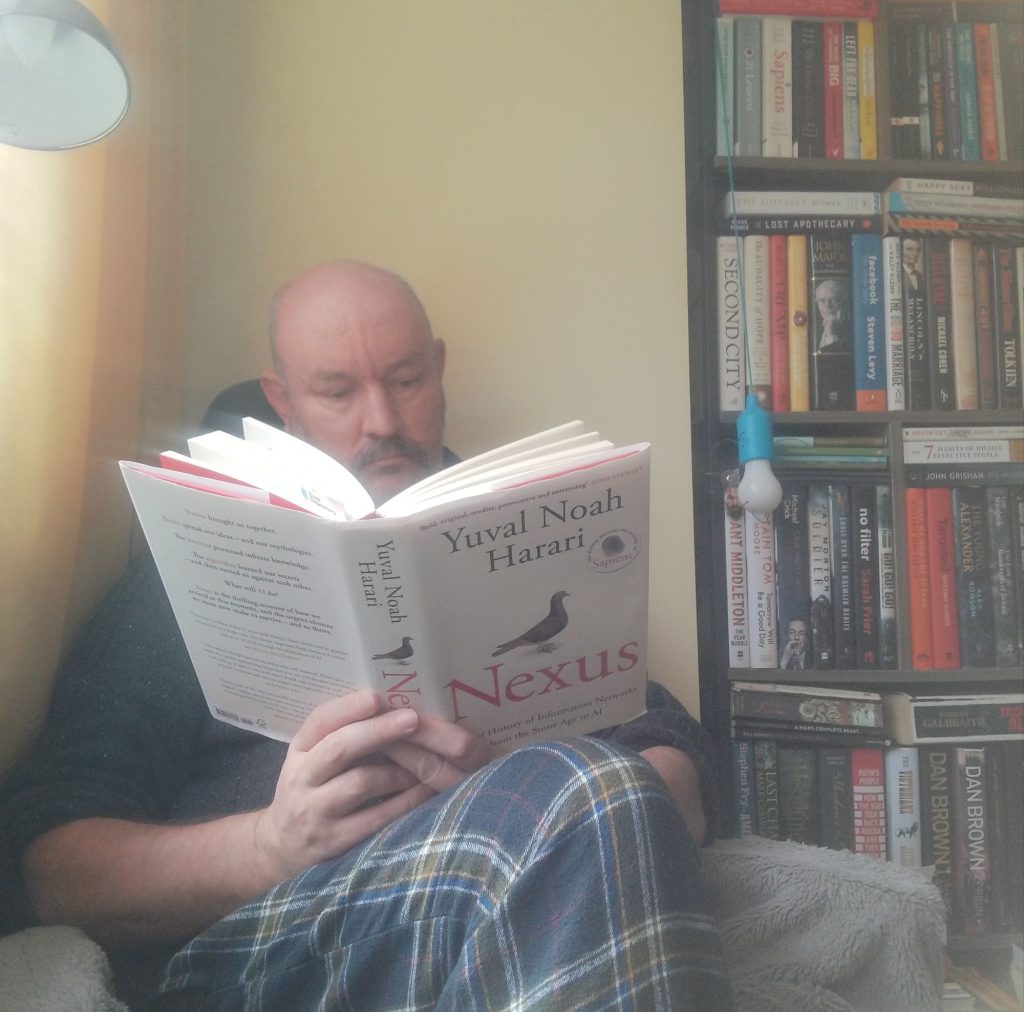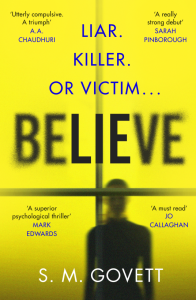
 Phew! I’m relieved to have finally finished Nexus by Yuval Noah Harari. It’s a dense read that, at times, felt more like a challenge than a conversation. While it may not have been the easiest book to get through, I’m still glad I made it to the end.
Phew! I’m relieved to have finally finished Nexus by Yuval Noah Harari. It’s a dense read that, at times, felt more like a challenge than a conversation. While it may not have been the easiest book to get through, I’m still glad I made it to the end.
I thoroughly enjoyed Yuval’s first two books, breezing through them at lightning speed. They struck the perfect balance of engaging prose and insightful content. In contrast, Nexus felt a little overpacked—at over 500 pages, it often seemed unnecessarily verbose. The epilogue, which essentially summed up the book in a few concise paragraphs, left me wondering if the rest could have been similarly streamlined.
One of my main issues was that the book often felt like it was talking at me rather than with me, especially in the final chapters. Many passages came across as overly detailed or meandering, making the narrative feel heavier than it needed to be. That said, there’s no denying that Nexus contains thought-provoking and fascinating ideas—enough to make the slog worth it at times.
It’s clear that an immense amount of effort and research went into this book, drawing from articles, blog posts, and other sources (which Yuval kindly lists in his extensive Notes section). Yet, I couldn’t shake the feeling that the overarching tone leaned too much toward doom and gloom. Yes, our world faces significant challenges, but I believe we’re also living through some of the best times in human history. Just look at figures like Gary Vaynerchuk, who champion optimism and opportunity in the modern age.
Ultimately, I’d rate this book a solid 3.5 stars. It’s worth a read if you’re interested in the global political climate or the future of AI and its potential to shape humanity’s destiny—for better or worse. However, be prepared for some hard work along the way, as Harari occasionally veers into rabbit holes that can make sections feel sluggish. Still, for those who stick with it, there are insights here that are well worth uncovering.


